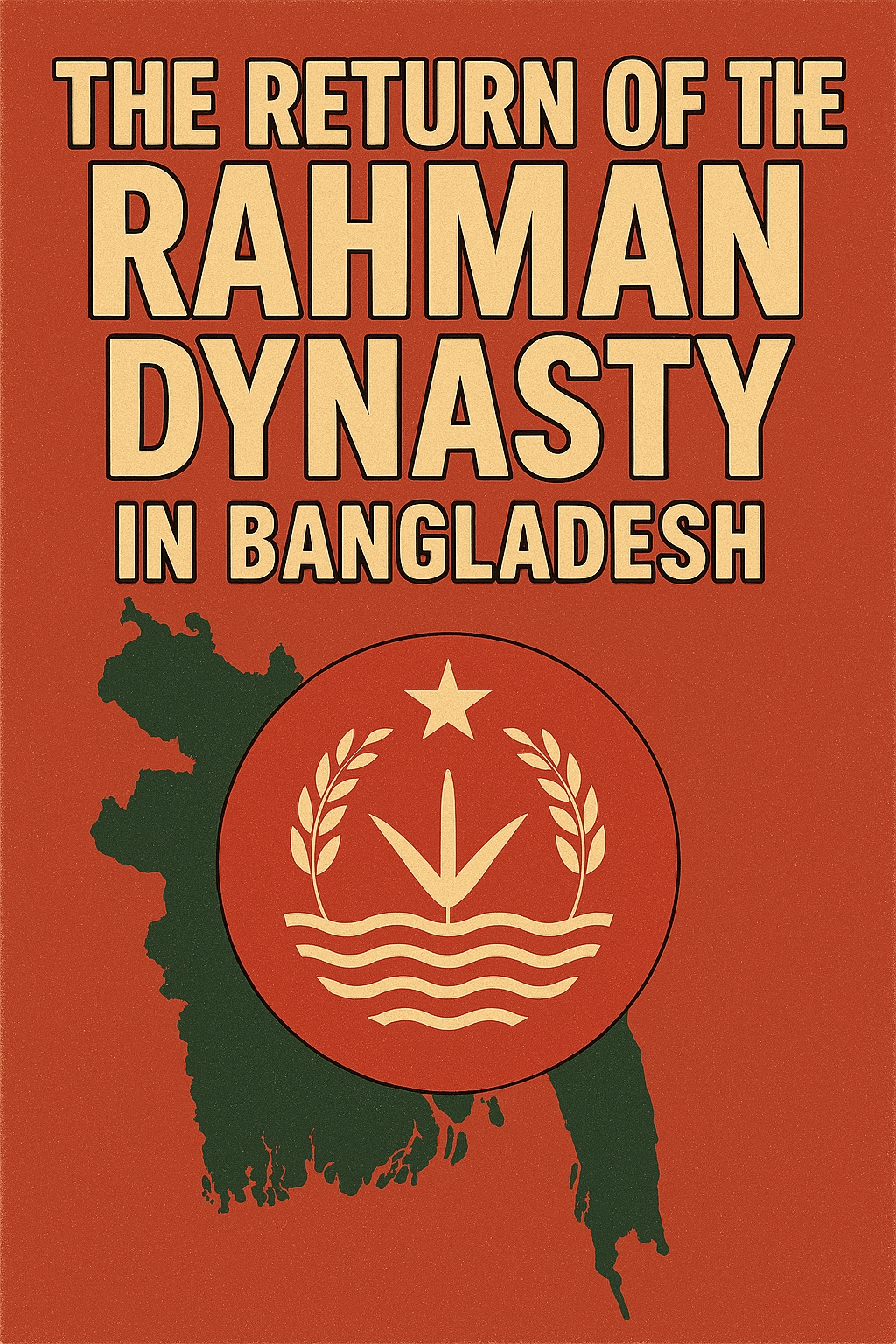Saudi Arabia’s Threat Against Israeli Aggression In Syria Is Vital For Peace

Following years of torment, Syria has finally rid itself of the horrendous Assad regime in just a dozen days. What indeed enabled this extraordinary turn of events is still too early to determine. However, what is clear is the fragile stability that now exists in Syria, which is at risk of being jeopardized by potential Israeli aggression.
In response to this threat, Saudi Arabia, a key regional power, has taken a necessary and vital step in condemning Israel’s actions and calling for a united Arab front to confront this challenge. This move by MBS, the crown prince of Saudi Arabia, could have far-reaching implications for the future stability of the Middle East. And if continued the right way MBS will gain tremendous admiration of Muslims and peace loving people across the world.

The seizure of the buffer zone in the Golan Heights by Israeli forces, shortly after the fall of the Assad government, has ignited a firestorm of criticism from Saudi Arabia, Iraq, and Qatar. These Arab nations have taken their grievances to the United Nations, demanding that the international community intervene to stop what they perceive as Israel’s unlawful territorial expansion.
Leading the diplomatic charge is Saudi Crown Prince Mohammed bin Salman (MBS), who has been outspoken in his condemnation of Israel’s “aggression.” In a strongly worded address, MBS called for a “united front” among Arab nations to confront this perceived threat, highlighting the complex web of alliances and rivalries that characterize the region.
The move by Israel is seen by many as a strategic attempt to consolidate its hold on the Golan Heights, a territory it captured from Syria during the 1967 Six-Day War. This action has further exacerbated the already tense relations between Israel and its Arab neighbors, who have long championed the cause of Palestinian self-determination and the return of the occupied territories.
The stakes are high, and the outcome of this standoff could have far-reaching implications for the future stability of the Middle East. In the face of this threat, Saudi Arabia’s leadership in calling for a united Arab response is a necessary and vital step.
The Saudis’ willingness to take on this role is not entirely surprising, given their long standing rivalry with Israel and their desire to position themselves as the dominant power in the region. However, their actions in this instance may be driven by more than just political posturing.
The stability of Syria is crucial for the wider regional security, and the presence of Israeli forces in the Golan Heights could potentially destabilize the country and reignite the conflict. The Saudis, along with their Arab allies, recognize the importance of maintaining a secure and stable Syria, and they are willing to confront Israel in order to achieve this goal.
Moreover, the Saudis’ call for a united front against Israel’s aggression could have broader implications for the region. By bringing together a coalition of Arab nations, the Saudis are seeking to project an image of regional unity and strength, which could help them to counter the influence of other regional powers, such as Iran.
In the meantime, the world watches closely as the diplomatic tensions continue to escalate. The potential for the situation to spiral into a larger regional conflict remains a real concern, and the international community will be closely monitoring the developments in the coming weeks and months.
Ultimately, the Saudis’ threat against Israeli aggression in Syria is a necessary and vital step in ensuring the long-term stability of the region. By taking a firm stance and calling for a united Arab response, the Saudis are demonstrating their commitment to preserving the fragile peace that has emerged in Syria and protecting the interests of their Arab allies. The success or failure of this diplomatic initiative could have far-reaching consequences for the future of the Middle East.





